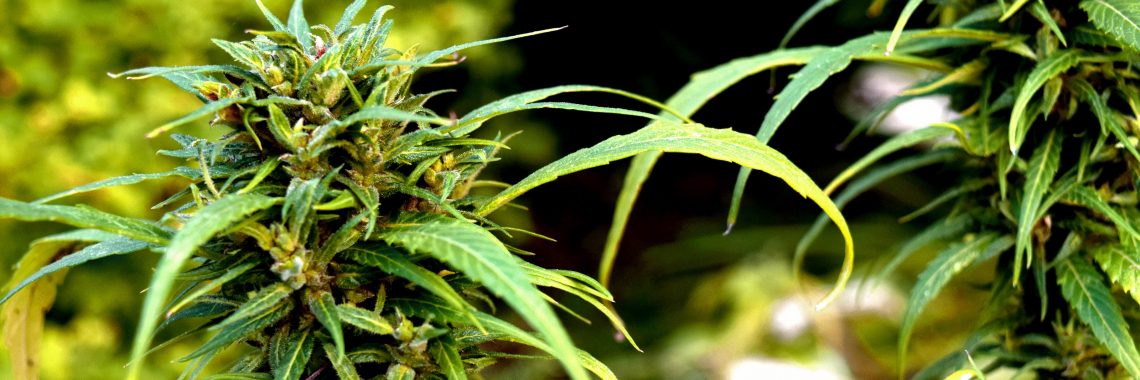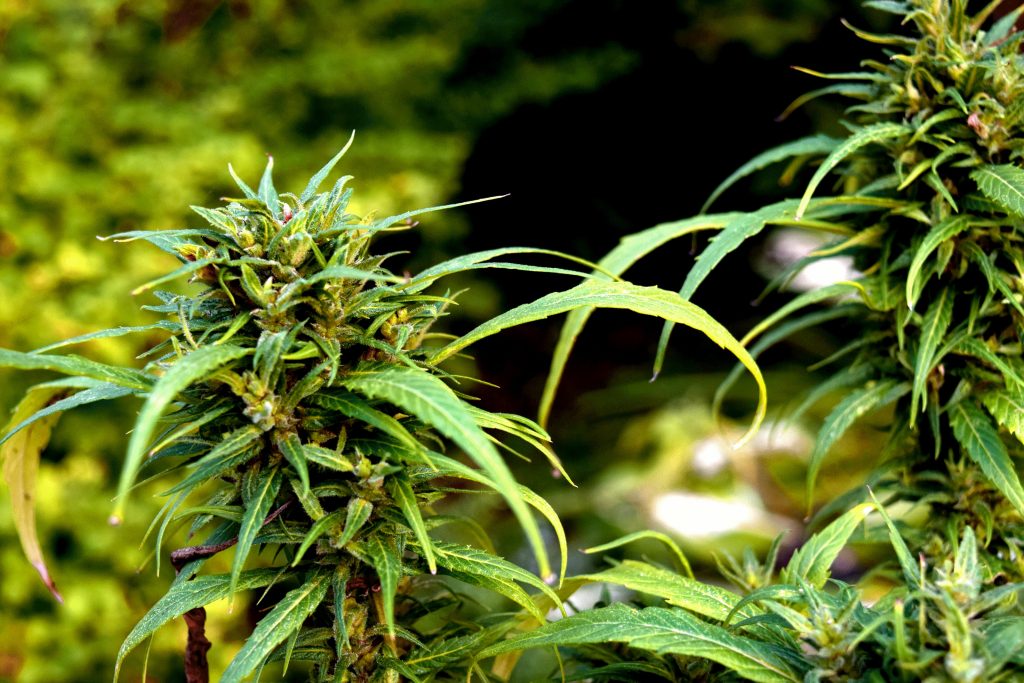Lottery Budgets Little for Scholarships Despite Best Month All Year

On Monday the Arkansas Lottery released its financial report for the month of April.
The report shows the Arkansas Lottery took in more than $49.5 million last month — the best month the Arkansas Lottery has had since March of 2019.
In spite of this, the Lottery budgeted only $8.3 million for college scholarships — less than 17 cents of every dollar the Lottery made.
For perspective, the typical state lottery budgets about 30 cents out of every dollar for education.
The report also reveals the Arkansas Lottery spent 71.5% of its revenue on prizes last month.
That’s one of the highest prize budgets of any lottery in the nation.
There’s a very real possibility that the COVID-19 economic stimulus was part of the reason the Arkansas Lottery saw such an uptick in sales.
The Arkansas Lottery’s instant ticket sales were up by $2 million in April compared to March and $9 million compared to February.
As we wrote last week, it seems like more than a coincidence that the Lottery’s scratch-off ticket sales would surge at about the same time that Arkansans started receiving economic stimulus checks from the federal government.
Right now the Arkansas Lottery is on track to pay out about $80 – $85 million for college scholarships this fiscal year — far less than the $100 million per year that Arkansans were promised in 2008.
Below is a breakdown of Arkansas Lottery ticket sales and scholarship funding so far this fiscal year.
| Month | Gross Lottery Revenue | Paid to Scholarships | % Gross Revenue |
| July | $41,239,173.79 | $4,523,930.75 | 11.0% |
| August | 40,899,086.75 | 4,942,736.97 | 12.1% |
| September | 36,202,677.79 | 6,565,973.32 | 18.1% |
| October | 38,932,640.23 | 6,318,099.21 | 16.2% |
| November | 36,118,641.12 | 5,947,177.45 | 16.5% |
| December | 46,134,469.21 | 6,371,983.49 | 13.8% |
| January, 2020 | 40,802,067.75 | 8,239,083.77 | 20.2% |
| February | 40,670,746.71 | 7,233,556.77 | 17.8% |
| March | 47,876,969.85 | 7,386,497.30 | 15.4% |
| April | 49,549,754.16 | 8,318,312.64 | 16.8% |
| Total | $418,426,227.36 | $65,847,351.67 | 15.7% |
Photo Credit: Powerball and Mega Millions Lottery Billboard in Missouri by Tony Webster, on Flickr.





